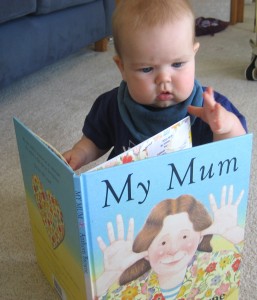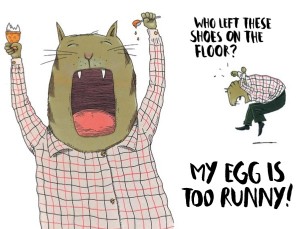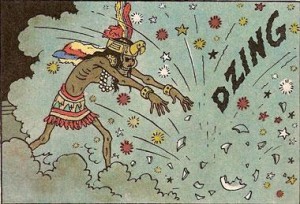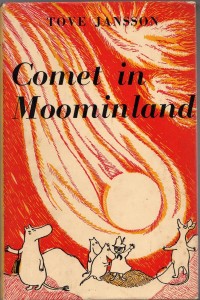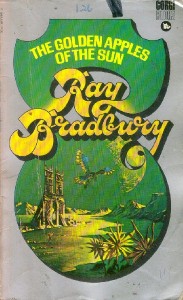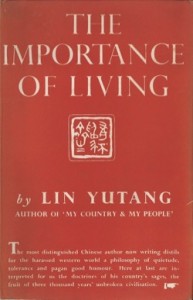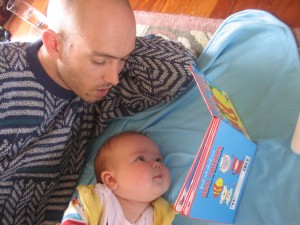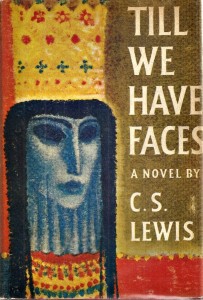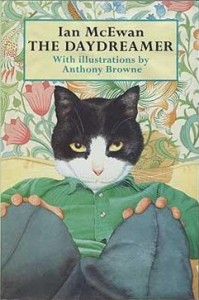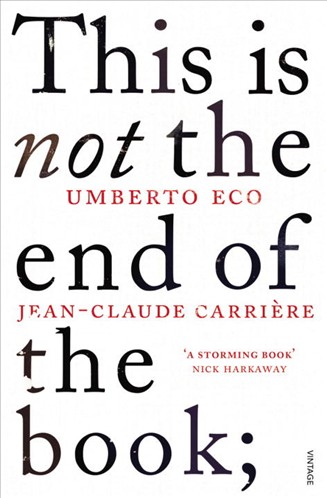5 Ways Books Help Children
Sunday, March 27th, 2022Perhaps it is only in childhood that books have any deep influence on our lives. – Graham Greene
In a world that offers children so many digital delights, why bother with books?
1. Books help children understand the world
Books expose children to new ideas and help shape their world view – reading is a meeting of minds.
While reading, we can leave our own consciousness, and pass over into the consciousness of another person, another age, another culture – Maryanne Wolf
2. Books help children understand themselves
Stories give a frame of reference by which they can measure their experiences and feelings.
We read books to find out who we are. – Ursula K Le Guin
3. Books develop children’s imagination
Reading is imagination, and imagination enriches the real world.
Children do not despise real woods because they have read of enchanted woods; the reading makes all woods a little enchanted. – C.S. Lewis
4. Books develop children’s brains
Books boost a child’s intellectual development. The brain changes when children learn to read: it creates new neural pathways….reading and thinking enhance each other.
5. Books are enjoyable.
Ultimately a child must want to read. The child who reads for pleasure is forming a wonderful habit – and there’s also pleasure for parents in reading aloud.
See also: Guide To Best Books For Children
